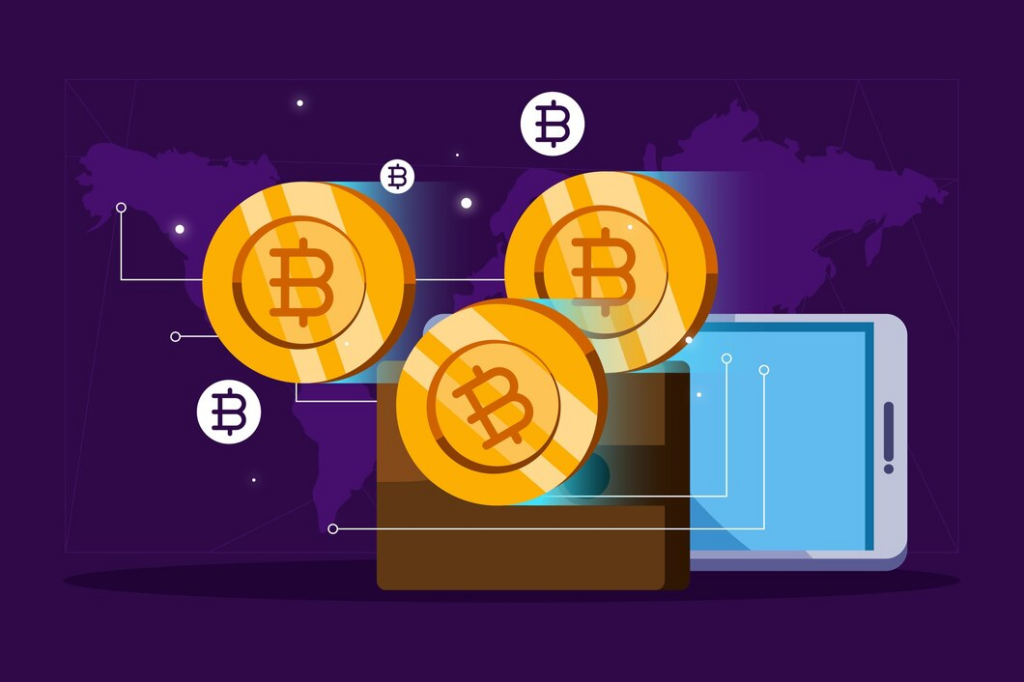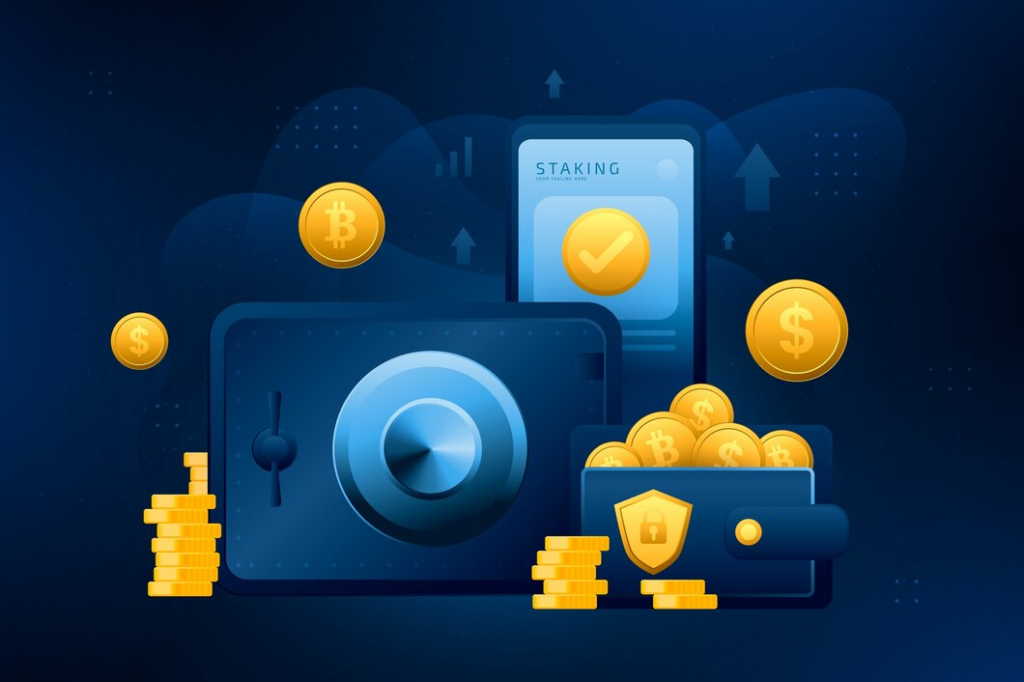Introduction
How secure is your cryptocurrency? How certain are you that you will continue to have access to it if you are storing it on an exchange? Actually, you are never really sure your crypto is safe until you actually hold it properly. As hackings and exchange collapses go up, knowing the best ways to protect your crypto assets has never been more important.
So, with that in mind, in this video, we are going to dive deep into just how crucial self-custody is in cryptocurrency storage, what you need to do to secure your assets, and then go through some of the best wallets out there. This is quite essential information for anyone intent on keeping their crypto safe.
By the end of this tutorial, you will know how to store your cryptocurrency more safely and understand some of the best wallet options for keeping your assets safe. This is a basic but very necessary need for those who want to secure their crypto safely.

Understanding Self Custody
The majority of people simply buy it on an exchange like Binance, Coinbase, Kraken, or Bybit, which conveniently allow the purchase of digital assets through fiat money. But it can be very risky leaving your crypto on such exchanges. Essentially, you’re accessing it with a gamble of trust in the security of the exchange, which is a big gamble considering recent large-scale collapse stories like those of Celsius, BlockFi, and FTX.
Self-custody or non-custodial storage refers to holding oneself responsible for managing and storing the private keys independently. This method ensures only you can access the crypto assets, adding an edge in terms of security. Though self-custodial wallets require a bit more work compared to leaving your crypto on an exchange, they are vital for asset protection.
Best Wallets for Top Crypto Security
1. Trust Wallet
Overview:
- Security: Trust Wallet is rated at the top in the security segment. It has never pursued a record of hacking. With its open-source codebase, many parts of the community are working together to find and patch possible vulnerabilities.
- Asset Support: It supports over 9 million digital assets across 80 blockchains, one of which includes major cryptocurrencies and NFTs.
- Features: Buy, store, stake and exchange cryptos; support decentralized applications through built-in browser.
- Fees: Trust Wallet does not charge more than the additional fees of crypto exchanges.
Pros:
- Excellent asset support
- Ease-of-use interface
- Excellent security track record
Cons:
- Higher fees if you buy with fiat
- Browser extension less liked by some users

2. Exodus Wallet
Overview:
- Security: Exodus offers good security, at least based on common knowledge of no hacks or breaches. It has integrated Trezor hardware wallets for enhanced protection.
- Asset Support: Store over 360 cryptocurrencies and NFTs natively or access specific NFT marketplaces.
- Features: Tons of advanced UX on top of a really sleek design. Many advanced UX on a very sleek design that allows for direct swapping of supported cryptocurrencies. Not fully open source – it tries to balance transparency and security.
- Fees: It is imposing spread fees on currency exchange in the wallet.
Pros:
- Pretty user-friendly design
- Added security with integration into Trezor
- Able to swap cryptocurrencies directly
Cons:
- Is not fully open source
- Imposes spread fees on currency exchanges
3. Ngrave Zero
About:
- Security: High security with EAL7 certification, fingerprint recognition, and unique seed generation mechanism included in Ngrave Zero.
- Asset Support: A limited number of cryptocurrencies currently, but it plans to add more to the support list.
- Features: Its physical design is robust, offers a touchscreen interface, and even provides a backup means like a metal seed card.
- Cost: Around $400, which is quite higher than many others.
Pros:
- Advanced security features
- Strong physical design
- Innovative seed generation
Cons:
- Limited asset support
- Higher cost
4. Ledger Nano X
Product Overview:
- Security: Robust security features, including a secure element chip and proprietary operating system. This Ledger model, Nano X, features Bluetooth for mobile access.
- Asset Support: Support for over 5,500 coins and integrates with more than 50 other wallets.
- Features: Bluetooth connectivity through a mobile app, NFT storage, wide asset support.
- Cost: Nano X – $149
Pros:
- Robust security features
- Bluetooth connectivity with mobile device
- Large asset support
Cons:
- Database of previous users hacked (2020)
- Concerns over Ledger Recover feature
5. Trezor Model T
Overview:
- Security: This company is fundamentally correct in security, thanks to the EAL6+ certified chip and open-source code. The Trezor Model T is one of the first hardware wallets to have a touchscreen. It supports over 7,000 different digital assets.
- Asset Support: Good support regarding digital assets
- Features: It had a Shamir backup scheme—a backup format that adds extra security to user funds—is well. It had a good rigid design also
- Cost: The price is set at $219
Pros:
- Good support regarding digital assets
- The code is open-source
- Supports the Shamir backup scheme
Cons:
- Higher cost

Security Tips & Final Words
Although a majority of security features are incorporated in these wallets, security will still lie in your hands. A few tips to consider would be:
- Multiple Wallets: Use as many multiple wallets as possible, spreading your assets and lowering your risks.
- Seed Backup: Make a backup of your seed phrases securely; make use of the metal cards, get them out of damage, and away from any online location.
- Official Sources: Always buy hardware wallets from official manufacturers. This way, the user can save themselves from compromised devices.
In other words, you should pick a cryptocurrency wallet and act on good security practices to safeguard your investment. Be it a hot wallet like Trust Wallet or Exodus, maybe even a hardware wallet from Ngrave Zero, Ledger, or Trezor, know their features and scope of security.
Call to Action
If you found this guide useful, then like, subscribe, and activate that notification bell. Go ahead and check out the in-depth reviews and updates regarding cryptocurrency security at the links provided in the description section below. Feel free to share your opinions or experiences with variations of wallets in the comments section below!